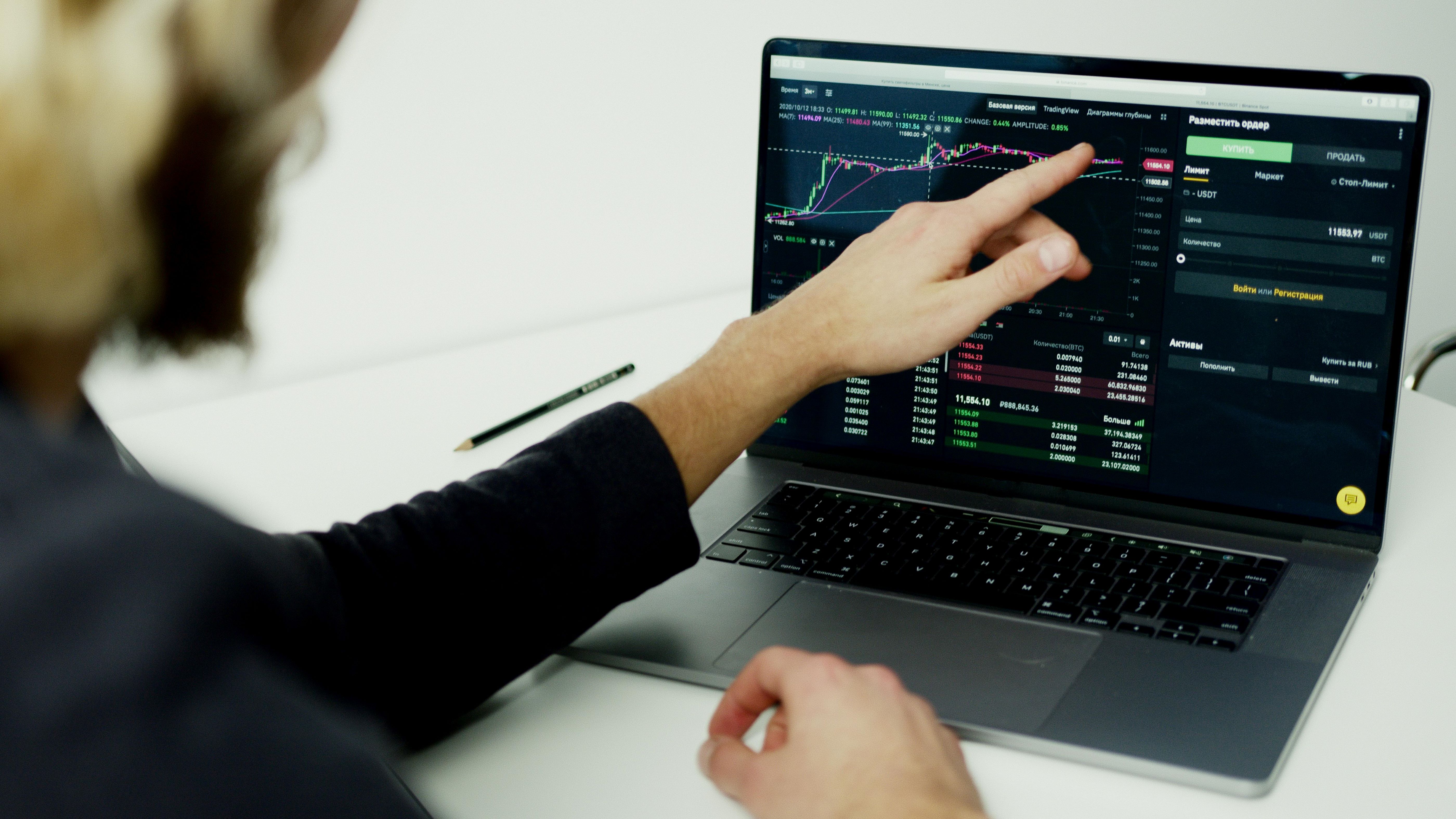Oracle Share Price Analysis: Bearish Phase, Valuation Signals and Bullish Reversal Outlook
$154.97
04 Feb 2026, 11:45

Pexels.com

European stock markets rallied on Wednesday, mirroring a surge in U.S. stocks, as Republican candidate Donald Trump appeared poised to win the 2024 U.S. presidential election. The possibility of a Trump victory, combined with a likely Republican majority in the Senate, has created optimism around policies that could benefit major corporations.
As of 08:02 GMT, Germany’s DAX index rose by 0.6%, France’s CAC 40 gained 0.7%, and the UK’s FTSE 100 was up 0.8%, reflecting strong investor confidence across Europe.
Trump has declared victory in key battleground states, including Pennsylvania, North Carolina, and Georgia. His strong performance in swing states, combined with Republican gains in Congress, could signal a shift towards policies that may benefit Corporate America, including possible tax cuts. News networks, including the right-leaning Fox News, have unofficially called the election in Trump’s favour, even though official results are still pending.
Investors are now considering how a Trump presidency could affect global trade. While Trump’s business-friendly tax policies have lifted U.S. markets, his stance on tariffs and trade wars may impact European companies that rely on global exports.
As the earnings season continues in Europe, corporate results are providing a mixed picture. German auto giant BMW reported a significant drop in third-quarter profits due to slowing sales in China and issues with brakes. However, BMW confirmed it remains on track to meet its adjusted financial targets for the full year, giving some relief to investors.
Other major European companies also released quarterly earnings:
Novo Nordisk, the Danish pharmaceutical firm known for diabetes and weight-loss medications, posted third-quarter profits in line with expectations and slightly adjusted its full-year forecast, indicating stability in its core market.
In the UK, Marks & Spencer exceeded forecasts with a 17.2% rise in first-half profits, a sign that its latest turnaround strategy is proving effective. The British retailer remains optimistic about sustained growth throughout the year.
German sportswear brand Puma reported a 5% increase in currency-adjusted sales for the third quarter. However, the results fell short of analyst expectations due to the impact of foreign exchange fluctuations, which continue to challenge the company’s bottom line.
Italian bank UniCredit raised its profit outlook after a better-than-expected third-quarter result, announcing plans to distribute half of its net income to shareholders in cash starting next year.
France’s Credit Agricole reported a smaller-than-anticipated decline in third-quarter profits, with robust investment banking revenues compensating for weaker retail banking performance.
While stocks were generally buoyant, oil prices dipped on Wednesday, with Brent crude slipping by 1.2% to $74.61 per barrel, and U.S. West Texas Intermediate (WTI) futures down by 1.2% at $71.16. The drop follows industry data from the American Petroleum Institute (API), which indicated a rise in U.S. crude inventories by 3.13 million barrels last week. This increase surpassed the expected 1.1 million barrels, raising concerns about cooling U.S. fuel demand as winter approaches.
The stronger U.S. dollar, spurred by Trump’s election momentum, also weighed on oil prices. Since oil is priced in dollars, a higher dollar makes it more expensive for holders of other currencies, potentially reducing demand.
In addition to earnings, investors are watching economic data from the eurozone. Germany reported a robust 4.2% monthly increase in industrial orders for September, far exceeding the 1.5% forecasted. Meanwhile, the eurozone services Purchasing Managers’ Index (PMI) readings continue to signal resilience, which could provide further support for European markets.
As the dust settles on the U.S. election and the likelihood of a Trump victory grows, European markets seem prepared to navigate potential volatility. Investors are optimistic about corporate-friendly policies but remain cautious about the impact of trade policies on global business. With both earnings reports and economic data pointing to a mixed but stable outlook, Europe’s major stock indices are positioned for a strong close to the year, despite the uncertainty that a new U.S. administration might bring.
Source: (Investing.com)